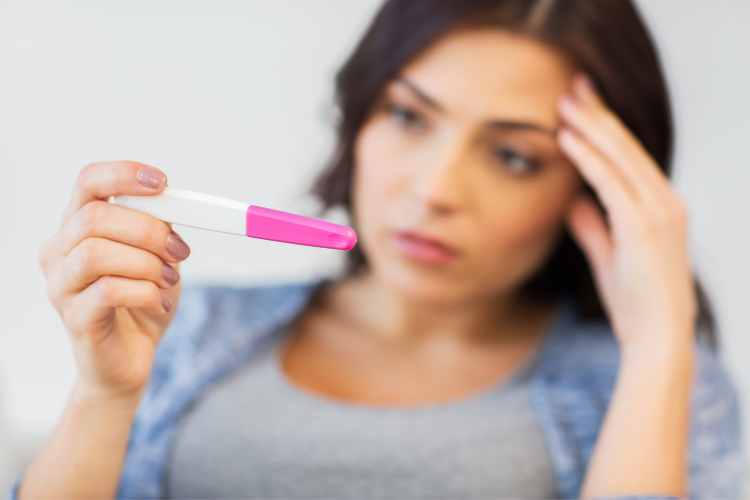According to experts, the ages of late 20s and early 30s are the best age to conceive as the best results for both you and your child are related to this age range.
According to one study, 30.5 years old is the best age to have your first child but your age should only be one consideration when deciding whether or not to become pregnant. You should also take into account if you are emotionally and financially prepared to establish a family.
In this article, we have shared the benefits of having a baby in your early age or later years along with the factors that you should consider before conceiving.
What is the best age for childbearing?
From adolescence, when women begin having menstrual periods, to menopause, when they stop having them, technically, women can become pregnant and give birth to children. The reproductive years of the typical woman last from the age of 12 to 51 as the menstrual cycle ranges between this age.
If you are in your 30s, you may find it more challenging to get pregnant as you age because of the normal fall in fertility. Additionally, having children later in life may increase the chance of pregnancy problems.
What is the impact of age on fertility?
All of a woman’s eggs, or roughly 2 million of them, are present in her body when she is born, however, their egg production steadily declines over the years.
A woman will have roughly 25,000 eggs left by the time they turn 37 and the remaining egg count at age 51 will be just 1,000. Although that can still seem like a lot of eggs, as you get older, your eggs also get worse quality.
As you get older, your risk of acquiring illnesses like endometriosis and tubal disease, which can have a detrimental influence on fertility, rises. Additionally, These aspects lead to a progressive fall in fertility that starts around the age of 32, and reproductive decline accelerates between the ages of 35 and 37.
Your chances of getting pregnant after your next period after three months of trying are 18% at age 25,16% at the age of 30, 12 percent by the age of 35, and 7% at age 4. Moreover, several other factors that influence your chances of getting pregnant are smoking, cancer therapies including radiation, chemotherapy pelvic infection, etc.
What are the advantages of conceiving at particular ages?
According to the Centres for Disease Control and Prevention, first-time mothers are typically close to 27 years old in America and wait to plan their baby. Women in their 30s are now having more children than women in their 20s, whose birth rates have decreased.
- Perks of delaying in conceiving
There are some advantages to delaying parenthood as with extra time, you’ll be able to build your relationship, save money, and improve your financial situation for your child.
Wisdom and patience are further benefits of age in addition to some proof that children born to older parents have greater educational achievement levels.
In a 2012 study, it was found that uterine cancer risk was reduced in women who had their last or last child at age 40 or older.
- Benefits of conceiving at a younger age
In your late 20s or early 30s, you have a greater chance of becoming pregnant and the health of your child will benefit more if you are a younger mother. Additionally, having a pregnancy during this time lowers your risk of complications.
Risks of conceiving at age 35 and older
These pregnancy risks start to increase after age 35 which include gestational diabetes, high blood pressure, preeclampsia, placenta previa, miscarriage, premature birth, stillbirth, need for a cesarean delivery, heavy bleeding after delivery, infant low birth weight, chromosomal abnormalities such as Down syndrome etc.
When should you visit a physician for fertility inquiries?
Problems with fertility are fairly prevalent and women who have trouble getting pregnant make up more than 12% of the population. A fertility specialist can do tests to determine why you haven’t been able to conceive and can provide therapies to increase your chances of becoming pregnant if you’ve been unsuccessful.
- you’ve been trying to conceive for a year and are 35 years of age or younger.
- You’ve been attempting for more than six months and are over the age of 35.
- You’d like to begin a family and are over 40.
RELATED – IVF VS IUI VS ICSI – WHAT TO CHOOSE TO GET PREGNANT FAST?
The Final Words
If you start trying in your 20s or 30s, you’ll have the best chances of becoming pregnant and having a healthy baby, but that situation isn’t right for every woman. You should also think about the following while considering starting a family which includes having a stable relationship or the resources to raise a child on your own.
We hope that you found this article worth reading and that it helped you decide whether you are ready to conceive a baby.

